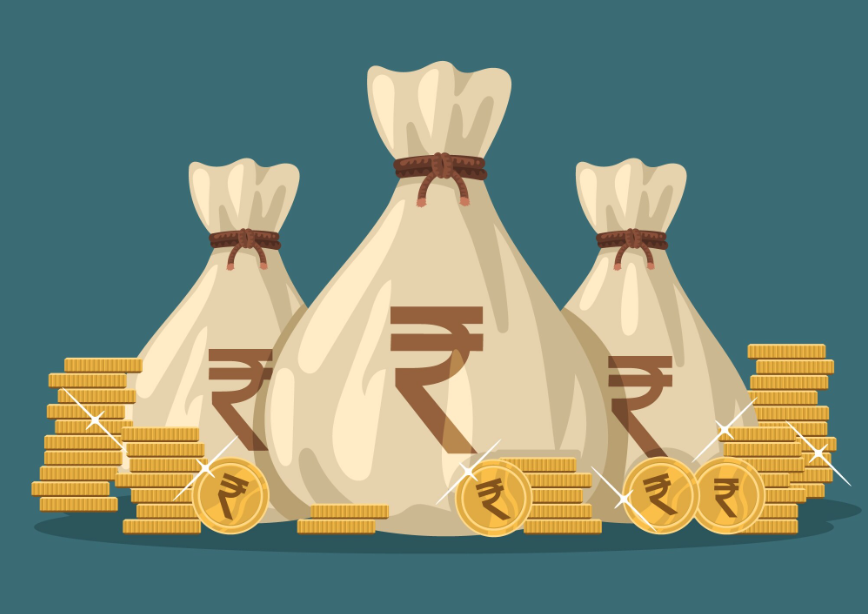Unlocking Trust and Efficiency: How Blockchain is Reshaping Healthcare
Healthcare is an industry built on trust, yet it often struggles with fragmented data, security vulnerabilities, and administrative inefficiencies. From scattered patient records across different providers to concerns about counterfeit drugs and complex billing processes, the need for a more secure, transparent, and efficient system is clear. Hence comes blockchain technology in the medical field- a possible game changer in the healthcare sector, leading to improved healthcare data security and trust of the patients.
What exactly is Blockchain (in simple terms)?
Imagine a shared and highly secured set of digital ledgers that stretch across multiple computers simultaneously. When information is added to this ledger (thus called a "block" of information added to a "chain" of information), entry is cryptographically linked to the previous block entered, and hence cannot practically be altered or tampered with. Besides creating a permanent verifiable record available only to the parties who are authorised, such ledger act as a potent tool for secure exchange of health information.
Why Does Healthcare Need Blockchains?
Each of the quintessential features of blockchain technology—decentralisation, security, immutability, and transparency—is aimed at solving modern issues faced by healthcare befitting its digital transformation era:
Enhanced Data Security: By encrypting the data and spreading it across a network, blockchain in healthcare mitigates very much the risk of having single points of failure that unauthorised access may exploit in centralised databases.
Interoperability & Data Sharing: A blockchain platform can allow different providers of healthcare services, including hospitals, clinics, and laboratories, to share patient information in a secure manner, thus eliminating data silos in the healthcare ecosystem while guarding privacy and ensuring interoperability.
Empowerment of Patients: Patients can exercise greater control over their medical records stored on the blockchain and provide temporary, very specific access to providers using secure keys making healthcare truly patient-centric.
Supply Chain Integrity: Pharmaceutical drugs can be tracked from manufacturers all the way to patients on a blockchain ledger to keep away from counterfeit drugs and to preserve integrity in the medical supply chain.
Streamlining the Processes: Applications for clinical trial data management, verification of medical credentials for professionals, and claims treatment and billing for treatments can reduce bad practices, errors, and administrative overhead—components that go into healthcare innovation.
The Current Top Use Cases That Are Emerging
Secure EHR: A single, tamper-proof record of patient history that can be accessed across systems (with permission).
Drug Traceability: Making sure the drugs are genuine and that they have not been compromised.
Clinical Trial Management: Enhancing data integrity, transparency, and patient consent management.
Provider Credentialing: Facilitating verification of doctors' and nurses' qualifications.
Medical Billing & Claims Adjudication: Mitigating fraud and making payment processes less cumbersome.
Challenges Remain
Despite the enormous potential, blockchain adoption in healthcare has some caveats. Challenges include:
Scalability: Processing a large number of healthcare transactions quickly.
Integration: Integrating blockchain systems with existing legacy healthcare IT infrastructure.
Cost: Initial implementation could cost a lot.
Regulatory: Dealing with complex healthcare regulations (such as HIPAA, GDPR) for a new technology.
The Future is Being Built
Technical Expertise: Skilled people are required to develop and manage the blockchain healthcare solutions.
Blockchain is still relatively new in healthcare but offers a strong set of tools to build a secure and efficient, patient-centered healthcare system. With the maturity of technology and resolution of challenges, blockchain in healthcare should assume an increasingly important role in how healthcare data is managed, shared, and secured. It's not a magic bullet, but it represents a significant step towards a more trustworthy and digitally transformed healthcare ecosystem.












